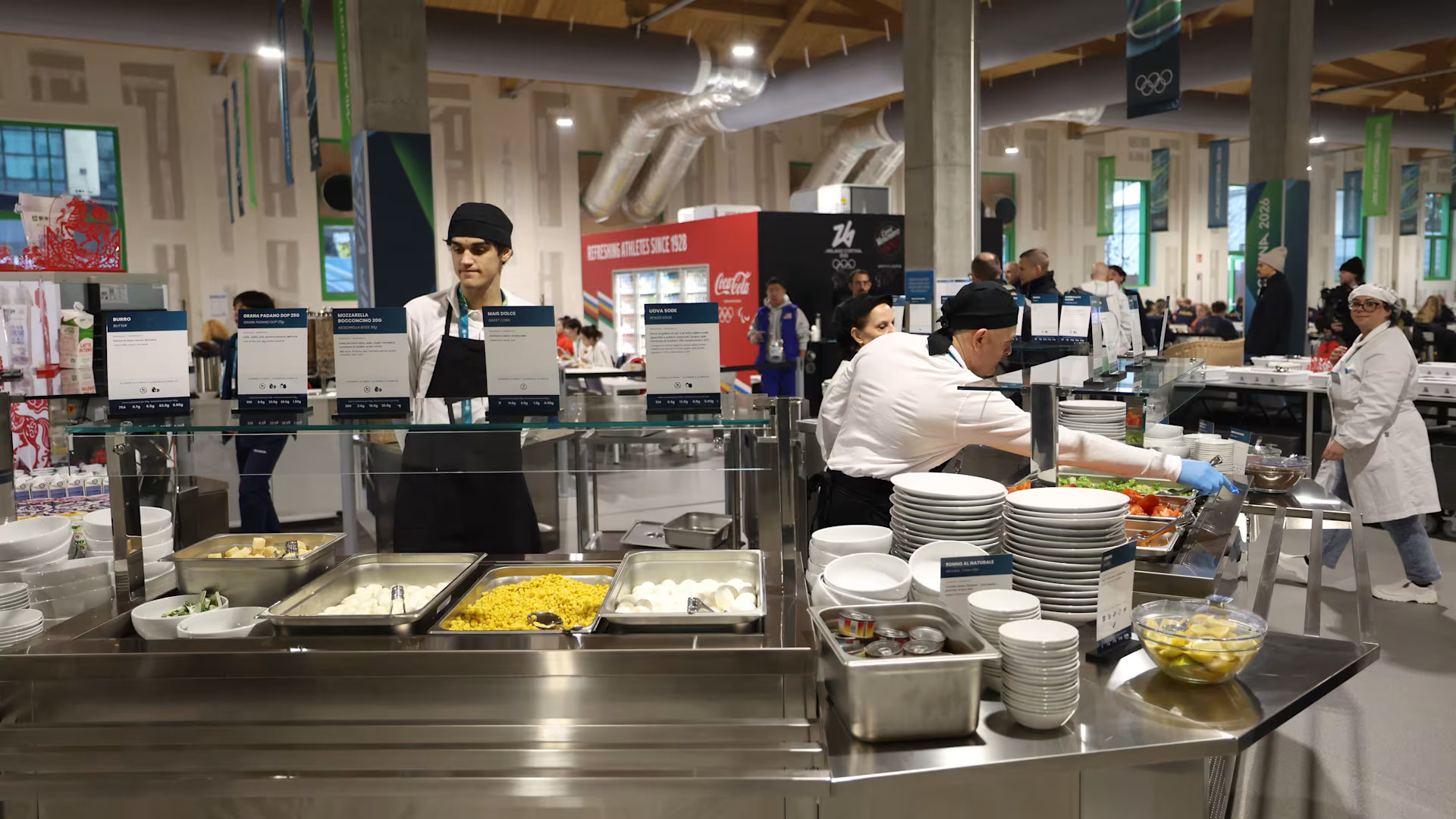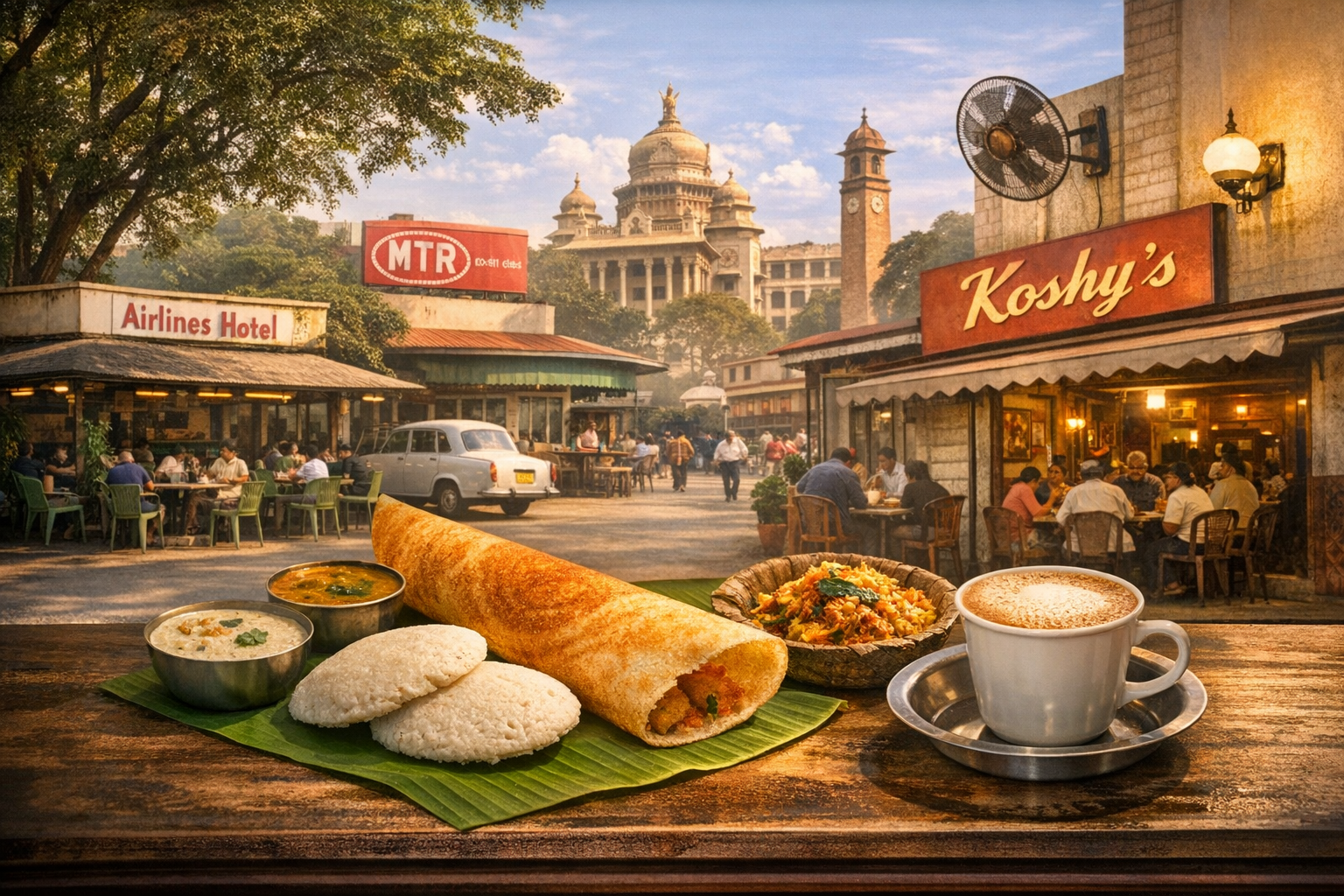An unusual wedding gift of a pair of pigs set Jon and Charlotte Clarkson on the road to producing high-quality pork products.
We live and work high on the Yorkshire wolds, on land that Jon's family has been farming for 85 years. We've been raising rare-breed pigs here since 2005, when a neighbour who wanted to give us something unusual for our wedding treated us to a pair of Berkshire gilts - young females that had never been impregnated. We had them inseminated, but while we were waiting for those first litters, we got impatient and bought three little pigs to fatten. They spent most of their lives escaping and digging up the garden, but eventually they became three bigger pigs and we took them to the abattoir. When the carcasses came back, we dropped them on the kitchen table and thought, "Well, now what?"
That question took a while to answer, but after a few years selling fresh pork and bacon, Three Little Pigs has found its niche. Since 2011 we've been supplying restaurants, delis and the public with salami flavoured with oregano and thyme, as well as mild and spicy chorizos featuring the smoked Spanish paprika known as pimentón de la Vera.
Ours is a real family business, with the oldest of our three children, who's six, occasionally lending a hand. All the meat comes from our own pigs, raised on a GM-free diet that includes potatoes, pea plants and other produce from our farm at Dalton Holme near Beverley. They're slaughtered locally, at a small abattoir that treats them with respect.
Our handful of Berkshires has grown to 150 or so, which spend their days outdoors and their nights in straw-filled huts. This breed is perfect for us: not only is the meat succulent and sweet, but the animals are hardy enough to benefit from a free-range, low-maintenance lifestyle.
We're clearly doing something right, as all three of our products won gold at the Guild of Fine Food's Great Taste awards.
There's a lot of work involved in making chorizo and salami, since before being air-dried the raw meat must be fermented. To do it properly takes time.
While the intensively reared "pink pigs" that dominate farming are lucky to reach six months old before they're sent to slaughter, our Berkshires live to at least 10 months. We use almost the whole pig, while pork producers who buy their meat in typically use just one or two cuts - belly, perhaps, or shoulder. This gives our English sausages a lovely soft texture.
We refuse to rush our curing: while many Spanish producers, say, will knock their chorizo out in 10 to 14 days, ours takes three or four weeks to ferment and dry, and will keep for six months without refrigeration. By that time it will have lost about 40% of its weight. This makes it more expensive - but we'd rather compete on quality than on price.
Paella rice with chorizo and prawns
This quick and tasty meal is a family favourite.
Serves 2
1 onion, sliced
1 red pepper, cut into chunks
2 tbsp olive oil
100g chorizo (spicy or mild), chopped into pieces
150g paella rice
A pinch of saffron
400ml chicken stock
125g cooked prawns
Juice of ½ a lemon
A small bunch of parsley, chopped
1 Cook the onion and pepper in the oil in a wide, shallow pan over a medium heat until softened.
2 Add the chorizo and cook for a minute or two until the lovely red oil is released.
3 Stir in the rice until coated. Add the saffron to the stock and then add this to the pan and stir again. Bring to a simmer, cover and cook for 15 minutes until the stock is absorbed and the rice is cooked through.
4 Add the prawns and heat them through completely. Before serving, squeeze over some lemon juice and stir in the parsley.
Chorizo producer Jon Clarkson. Photograph: Gary Calton for the Guardian











